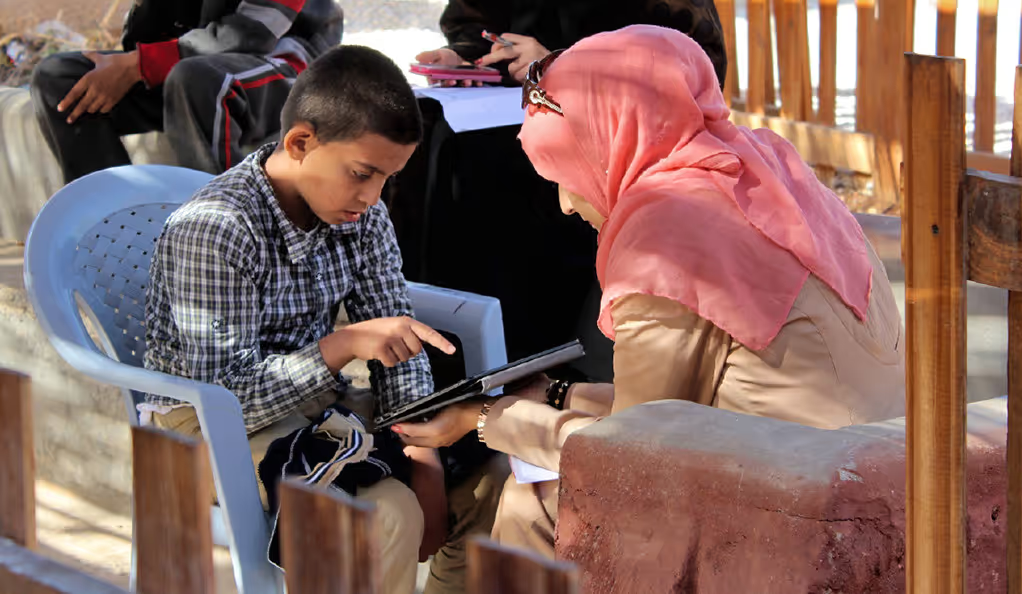Minds Under Siege: Cognitive Signatures of Poverty and Trauma in Refugee and Non‐Refugee Adolescents

The impacts of war and displacement on executive function (EF)—what might be called the cognitive signatures of minds under siege—are little known. The study surveyed a gender‐balanced sample of 12‐ to 18‐year‐old Syrian refugees (n = 240) and Jordanian non‐refugees (n = 210) living in Jordan. The research examined the relative contributions of poverty, trauma exposure, posttraumatic stress, and insecurity to variance in inhibitory control and working memory. The study observed associations between poverty and WM, suggesting that, even in populations exposed to substantial violence and fear, poverty is a specific pathway to WM deficit. The research did not, however, find associations between EFs and exposures to trauma. Careful distinction between childhood adversities may illuminate which neurocognitive pathways matter for measures of cognitive function.